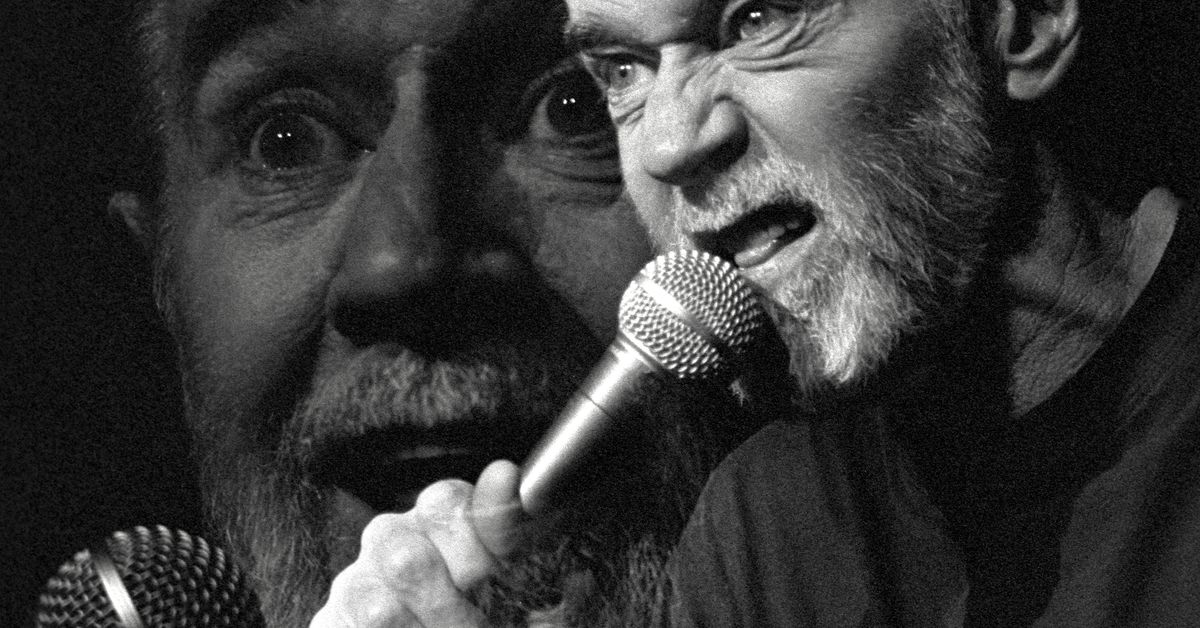
George Carlin’s estate has reached a settlement with the media company that purportedly used generative artificial intelligence to imitate the late comedian. The decision arrives as a group representing artists like Billie Eilish, Nicki Minaj, and Stevie Wonder calls for performers to be better protected against being mimicked by AI technology.
According to the New York Times, Will Sasso and Chad Kultgen — the Dudesy podcast creators who imitated Carlin in a faked comedy special titled “George Carlin: I’m Glad I’m Dead” — agreed as part of the settlement reached on Tuesday to take the offending content offline and never upload it on any platform. Sassoo and Kultgen also agreed to not use Carlin’s voice or likeness in content they produce without seeking prior approval from the Carlin estate. Information regarding any monetary exchange in the settlement hasn’t been disclosed.
“The world has begun to appreciate the power and potential dangers inherent in AI tools, which can mimic voices, generate fake photographs and alter video”
“The world has begun to appreciate the power and potential dangers inherent in AI tools, which can mimic voices, generate fake photographs and alter video,” Josh Schiller, a lawyer representing the Carlin estate, said in a statement to the New York Times on Tuesday. “This is not a problem that will go away by itself. It must be confronted with swift, forceful action in the courts, and the AI software companies whose technology is being weaponized must also bear some measure of accountability.”
Whether AI was actually used to create the faked comedy special was brought into question during the lawsuit in January. Regardless, the resolution to this case may bring some reassurance to performers who are currently fighting against generative AI tools being used to imitate their voice, style, and appearance.
On Tuesday, the Artist Rights Alliance — a group representing over 200 musicians, including the estates of Frank Sinatra and Bob Marley — signed an open letter calling for technology companies to avoid developing AI tools that risk replacing human performers. “Unchecked, AI will set into motion a race to the bottom that will degrade the value of our work and prevent us from being fairly compensated for it,” said the letter. “This assault on human creativity must be stopped.”









